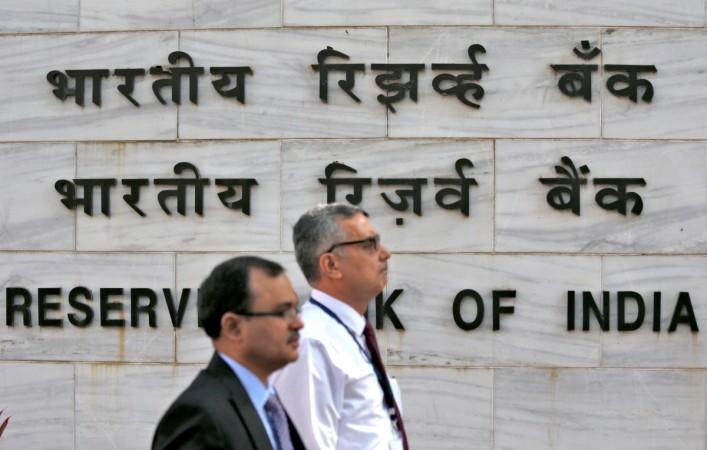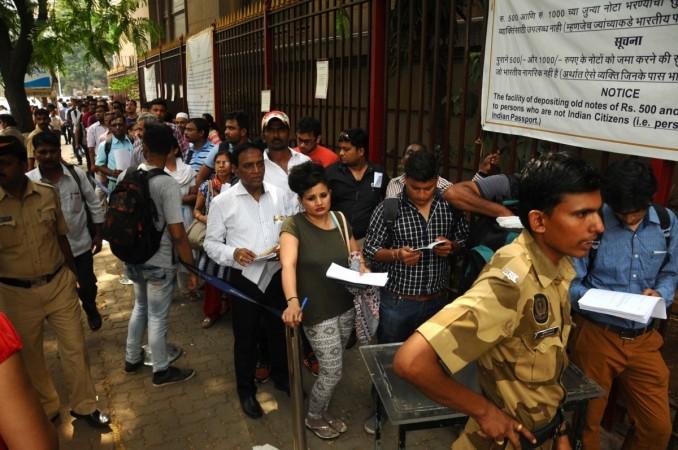
Laying speculation to rest on when the Modi government actually decided to demonetise high-value currencies and introduce a new denomination (Rs. 2,000), a newspaper report citing the Reserve Bank of India (RBI) says that it was approved well in advance.
The approval for introducing Rs. 2,000 notes and the new design for Rs. 500 currency was given to the RBI by the Modi government in June 2016, the BusinessLine reported on Wednesday. The process of printing also commenced shortly.
Read: Weekly cash withdrawals fall sharply in the past three months
The daily also said that the RBI won't be in a position to disclose the final details of the exercise to recall Rs. 500 (old) and Rs. 1,000 notes (specified bank notes, or SBNs) that were demonetised with effect from November 8, 2016.
"Till this process is completed, any estimate may not indicate the actual numbers of SBNs that have been returned. RBI is taking all steps to complete the process expeditiously so as to release firm figures of SBNs received at an early date," the daily reported, citing a 15-page written response by the central bank to the Standing Committee on Finance headed by Congress MP Veerappa Moily.
As of November 8, 2016, currency notes of the two denominations — Rs. 500 and Rs. 1,000 — valued at Rs. 15.44 lakh core were in circulation, constituting for about 86 pecent of the total currency in circulation as of that date.
While there have been many speculations on the value of demonetised notes returned to the banking system, the only authoritative information given by RBI was in December last year and it estimated the figure at Rs. 12.44 crore.
"Specified Bank Notes (SBNs) of ₹ 500 and ₹ 1000 returned to RBI and Currency Chests amounted to ₹ 12.44 lakh crore as of December 10, 2016," the RBI had said in a statement, quoting deputy governors R. Gandhi and S. S. Mundra on Deember 13, 2016.
While the option to deposit the banned notes with commercial banks ended on December 30 last year, NRIs have time till June 30 this year. "Resident Indian citizens who were abroad during November 9, 2016 to December 30, 2016 can avail this facility upto March 31, 2017 and Non Resident Indian citizens who were abroad during November 9, 2016 to December 30, 2016 can avail this facility upto June 30, 2017," a RBI notification read.
The RBI had also clarified that the option was not available for Indian citizens resident in Nepal, Bhutan, Pakistan and Bangladesh.
RBI witholds information
Citing India's economic interests, the RBI refused to divulge details of the note ban process in reponse to an RTI query filed by news agency PTI.
"The information sought in the query carries sensitive background information including opinions, data, studies/ surveys, etc., made prior to the completion of the process of withdrawal of legal tender character of Rs. 500 and Rs. 1,000 notes. Disclosure of such information would be detrimental to the economic interest of the country from the viewpoint of the objectives sought to be achieved by such decision," the RBI said in its reply.









